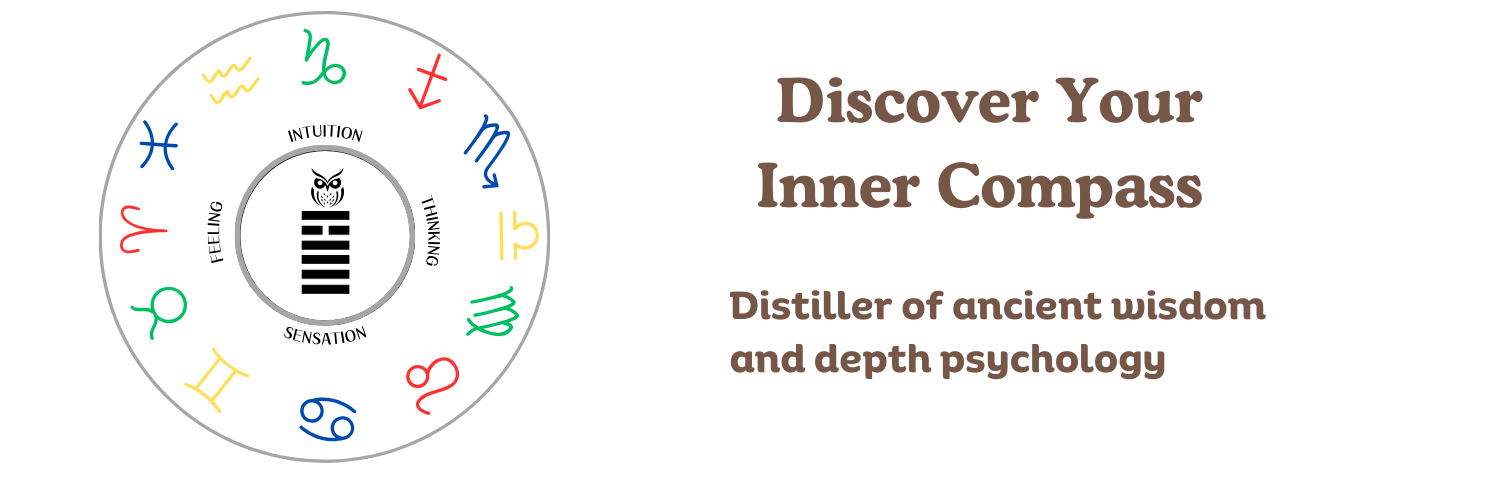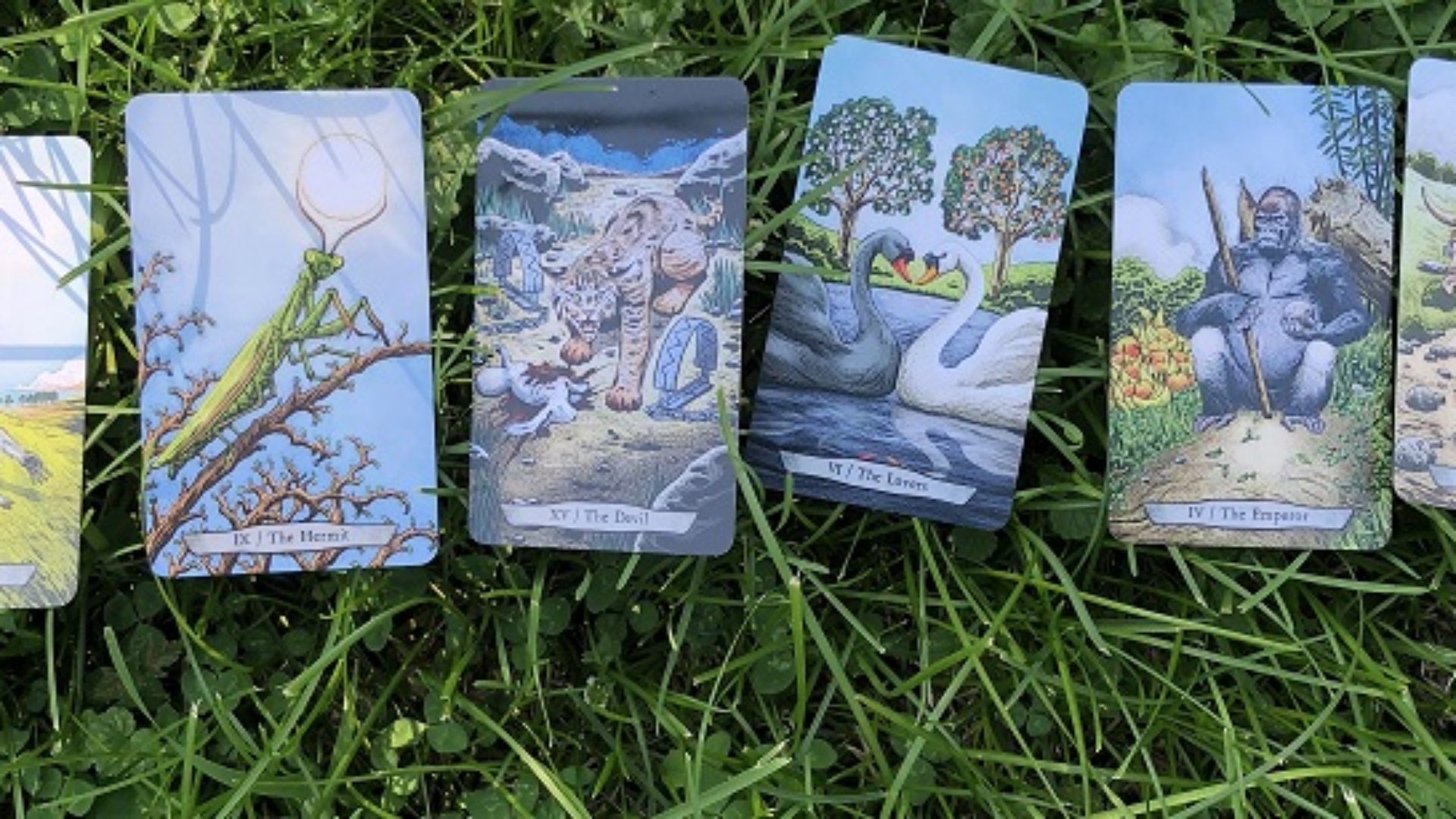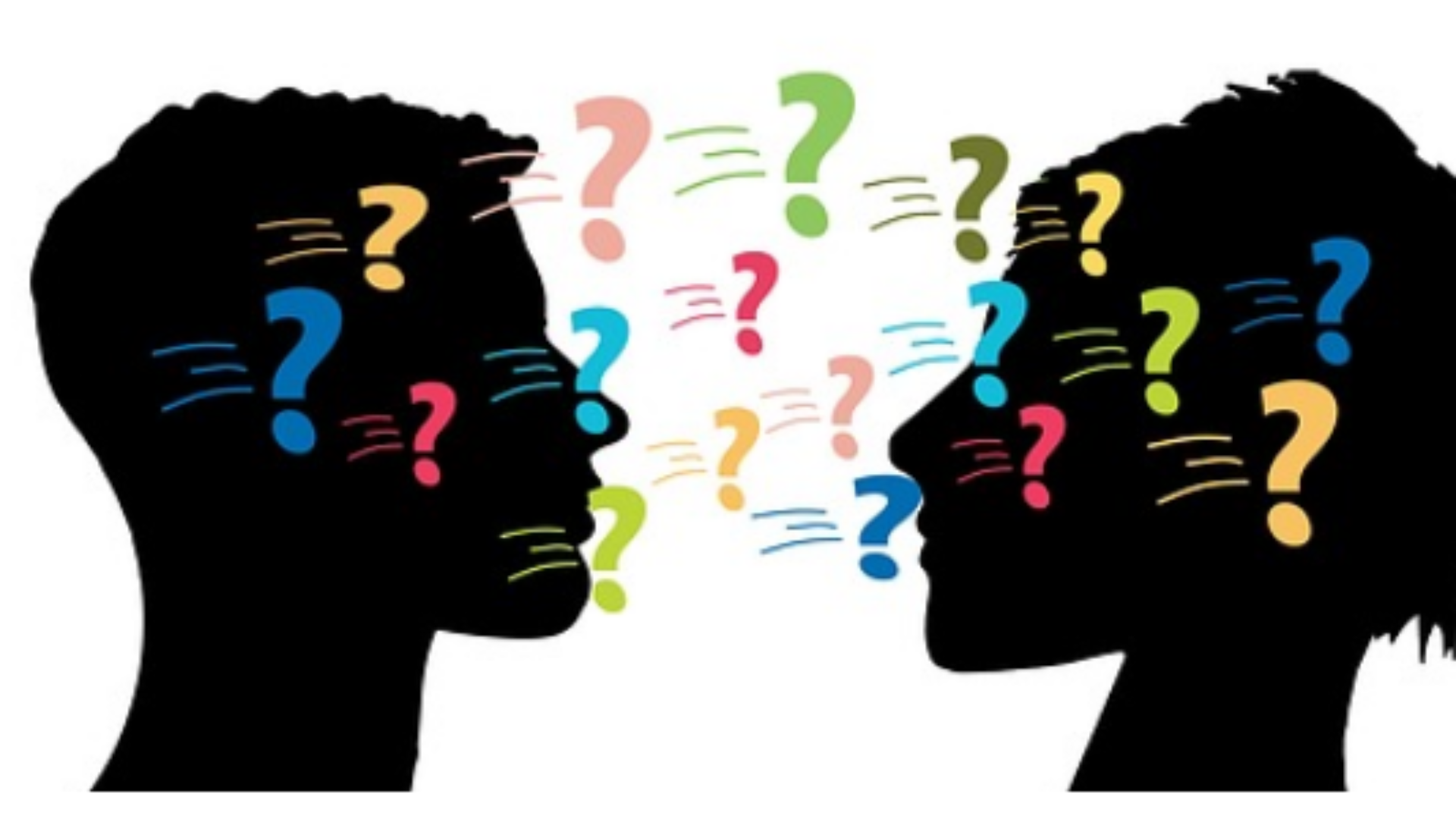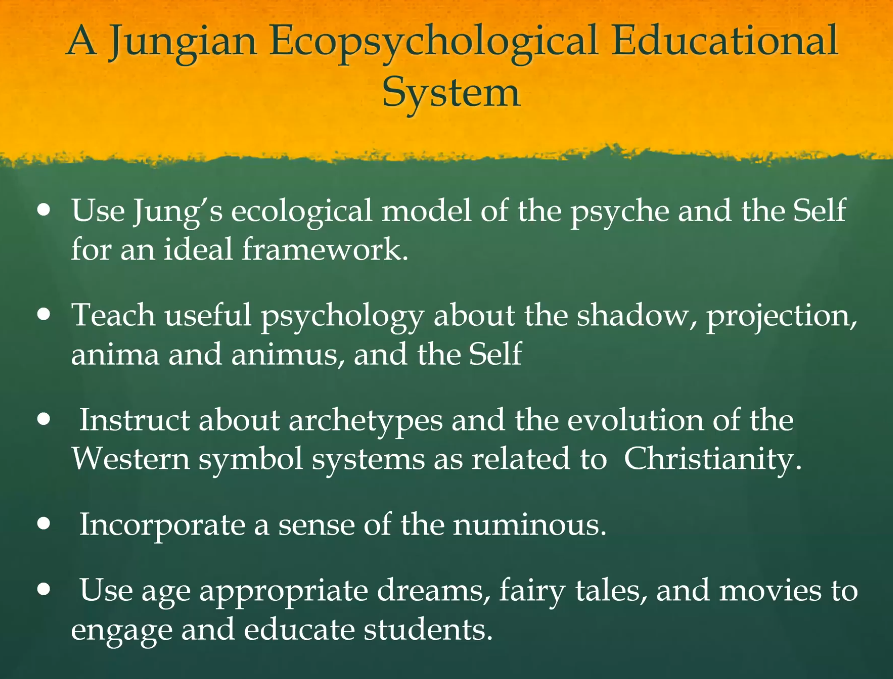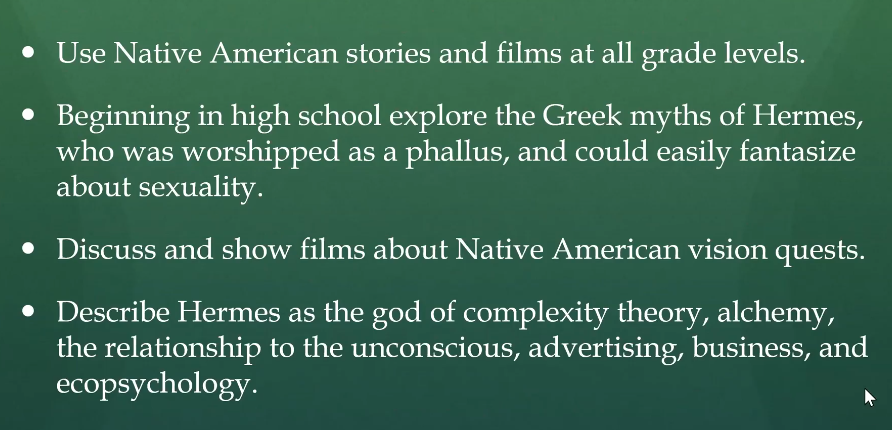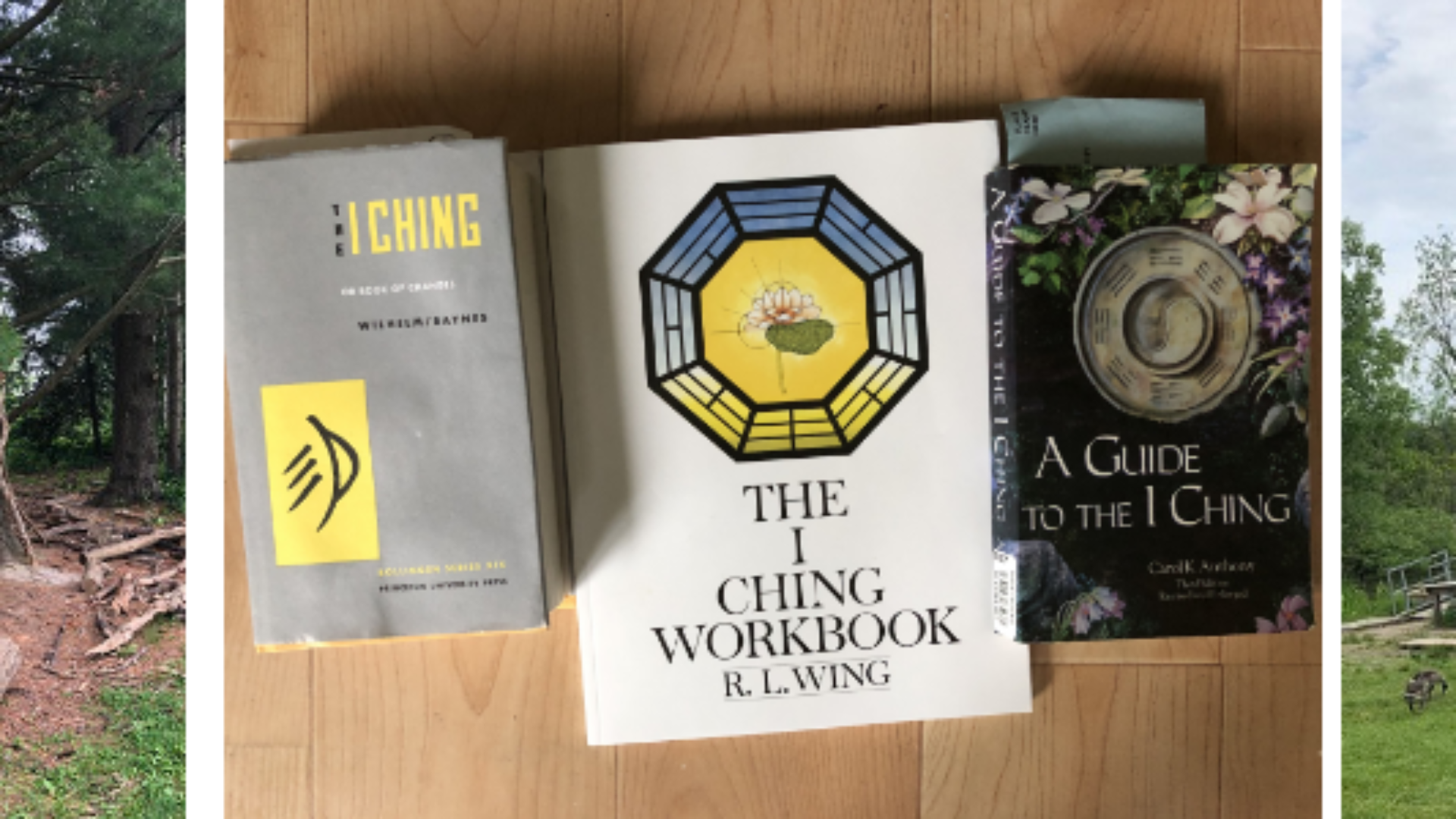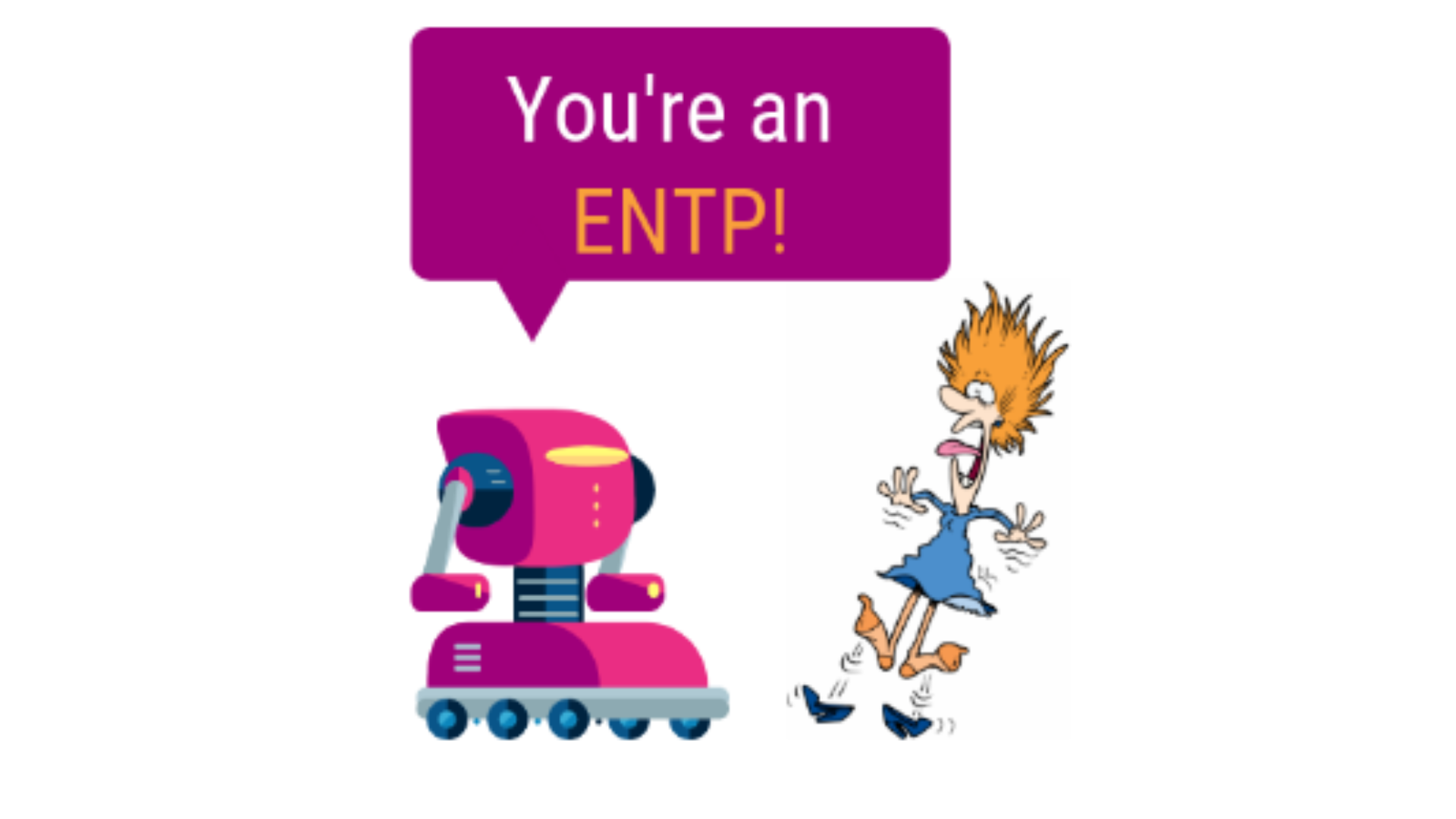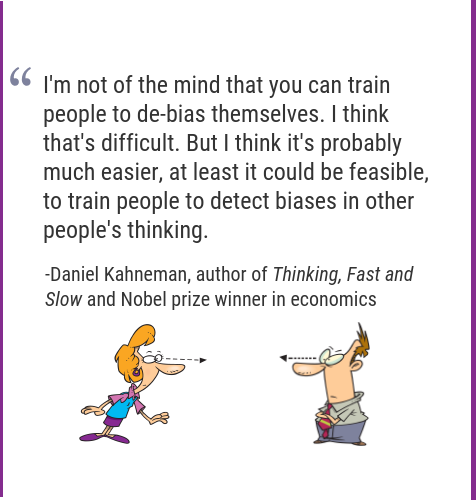The I Ching in the Wisconsin heartland: an Independence Day message about adversity (hexagram 47)
During my morning walk yesterday, I paused in the park where the July 4th carnival was and wondered what Independence Day message the I Ching might have for us citizens of the USA to ponder. I cast a hexagram in the park and sure enough, the reading I was given belied the cheerful atmosphere in the background.
Hexagram 47: Oppression/Adversity (Exhaustion) (lines two and five)
The title alone probably sums up what most of us feel when we glance at the news, regardless of our political affiliation.
The image for this hexagram is that of a lake with no water.

During time likes this, one must surrender to fate and remain true to oneself.
As Carol K. Anthony writes in her I Ching translation,, “We receive this hexagram when we feel the situation is too difficult and that we don’t have the means to deal with it.”
The two changing lines offer additional insight:
Second line (Anthony translation): “One is oppressed while at meat and drink. It furthers one to offer sacrifice.”
Fifth line (Wing translation): “There exists a frustrating lack of information within your milieu. Bureaucracy stands in the way of progress. Those who need help are stranded.”
The current adversity has been brought about by fate. Wing says: “This time has been compared by the Chinese to a forest tree growing in a tight space, unable to spread its branches. Only through sheer will and determination can this restraining adversity be transcended.”

Here are ways Hexagram 47 encourages us to overcome this adversity:
*Don’t let backward trends or oppression jar your confidence and optimism. Rid yourself of disbelief so that you can become open-minded. As Carol K. Anthony says, “An open mind, through invoking the creative powers of the Cosmos, is capable of ‘moving mountains,’ while holding on to a doubt as ‘small as a mustard seed’ can prevent all progress.
*Accept that during this time your words will not influence others. Rely upon actions instead. Let your deeds speak for you.
*All you can do is maintain your composure until things take a promised turn for the better.
*The help of the Higher Power is not out of our reach. We need only to cease doing that which blocks our access to the Higher Power
*We must sacrifice feelings of impatience and the inner demand that visible progress should result from our efforts.
*Try giving yourself to a worthwhile cause. There is redemption in such efforts.
The second hexagram in this reading , which describes the future state, is more hopeful:
Hexagram 16: Enthusiasm

The image of this hexagram is of a thunderstorm at the beginning of summer that refreshes nature after a prolonged state of tension. Joy and relief make themselves felt.
As always with the I Ching, there’s a catch. More often than not this is a deluded enthusiasm. Anthony reminds us: “The I Ching guides us toward the ordinary rather than the extraordinary. Our proper business is to relate correctly to the challenges of everyday life. Our ego, however, would have us believe that the first order of business is to work on the greater world problems. […] The goal is only to follow the path, for there is no “there” to get to; there is only the path, and the job of treading upon it as well as we can. Our everyday life provides all that we need in order to grow and find life’s meaning.”
____________
Sources:
A Guide to the I Ching by Carol K. Anthony
The I Ching Workbook by R.L. Wing
The I Ching, or, Book of Changes WIlhelm/Baynes
